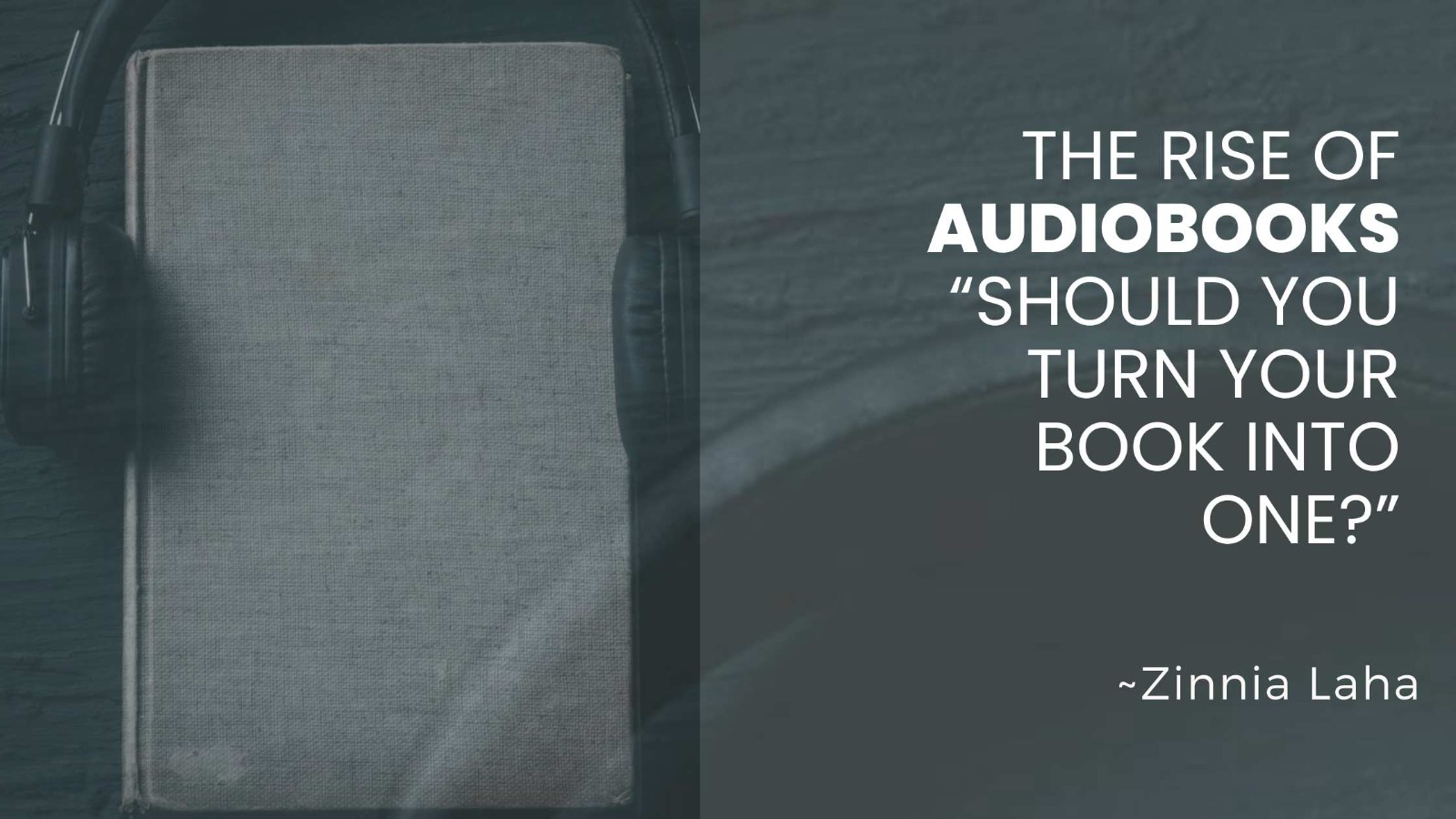In recent years, something remarkable has been happening in the world of books. Readers are still reading—but increasingly, they’re also listening. Audiobooks have moved from being a quiet corner of the publishing industry to becoming one of its fastest-growing formats. Whether it’s the hum of a narrator’s voice in your ear during a long commute, or the way a story fills the silence of an evening walk, audiobooks are transforming how we engage with literature. For authors, this growing wave poses an important and exciting question: should you turn your book into an audiobook?
The answer is no longer just a matter of curiosity. It’s a strategic decision—and for many, a necessary one. Today’s reader lives in a fast-paced, multitasking world. Time is scarce, but the hunger for stories remains. Audiobooks offer a way to bridge that gap, allowing people to enjoy books while driving, exercising, cooking, or simply unwinding after a long day. It’s no surprise that more and more readers are choosing to “read with their ears.” And this change in behavior is driving a major shift in how content is produced and consumed.
The statistics speak for themselves. According to industry reports, audiobook sales have been climbing steadily for over a decade, with double-digit growth year after year. Major players like Audible, Spotify, and Apple Books have invested heavily in the format, making audiobooks more accessible than ever. What was once an optional format is now becoming a default expectation, especially among younger, tech-savvy audiences who are used to streaming content on demand. As an author, ignoring the audiobook market today is a bit like ignoring the eBook boom a decade ago—you risk missing out on a powerful way to connect with readers.
But beyond numbers and trends lies something even more compelling: the unique power of audio storytelling. There’s a magic that happens when a well-written book is paired with a skilled narrator. The story takes on new layers—emotion, tone, rhythm—creating a performance that brings the narrative alive in a deeply intimate way. Fiction can feel more dramatic and cinematic. Memoirs can become more personal and moving, especially when read by the author themselves. Nonfiction can transform into a guided experience, helping listeners absorb insights and ideas more naturally. In many cases, an audiobook doesn’t just replicate a book—it elevates it.
From a commercial standpoint, producing an audiobook also means opening your work to new revenue streams and distribution channels. It gives your title a second life on platforms where some readers exclusively search for audio content. And let’s not forget discoverability—being present in multiple formats increases your chances of being found and recommended, especially on platforms that prioritize multi-format titles. For indie authors, this can significantly expand market reach and establish a more professional publishing presence.
Of course, creating an audiobook involves investment. Professional narration, studio recording, editing, and mastering all come with costs. But the good news is, the barrier to entry has never been lower. Services like ACX, Findaway Voices, and Kobo Writing Life make it easier than ever for self-published authors to produce and distribute audiobooks globally. Whether you hire a voice actor or narrate it yourself, the tools and support systems are there. With careful planning, the return on investment can be substantial—not just in sales, but in reader loyalty and brand value.
It’s also worth noting that an audiobook adds a new dimension to your author brand. It positions you as someone who values accessibility and innovation. It says you’re thinking beyond the printed page, and meeting readers where they are—in cars, on treadmills, through headphones and smart speakers. In an increasingly crowded publishing world, this edge can make all the difference.
So, should you turn your book into an audiobook? If your goal is to reach more readers, adapt to changing reading habits, and give your story a richer, more dynamic platform, the answer is a resounding yes. Audio isn’t just the future of publishing—it’s already here. And for authors willing to embrace it, the rewards can be as lasting as the stories they tell.





